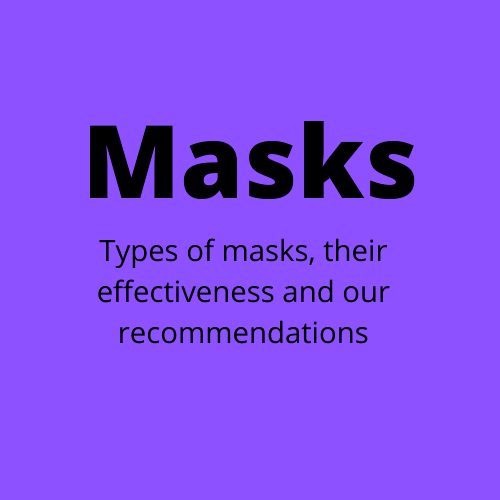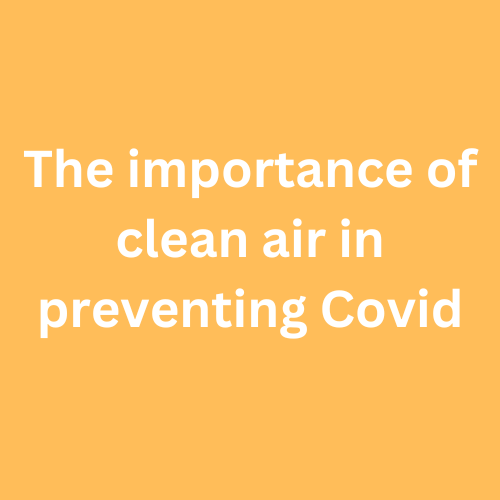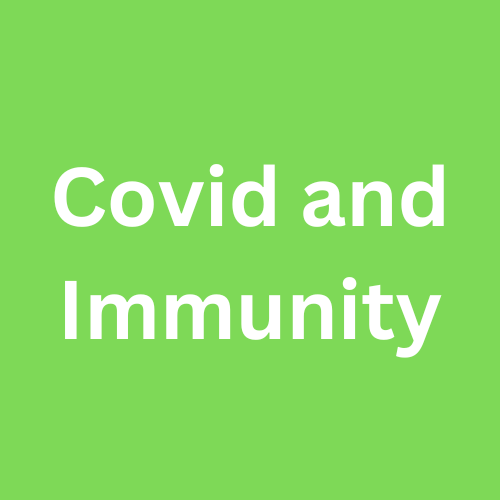Since the Covid pandemic began, the general public have had unrestricted, free access to peer-reviewed academic research. Thanks to Open Access, the best information on Covid-19 is now public. Journal articles looking at Covid are fully accessible to all those who wish to truly “follow the science”. We have condensed some of the latest research to raise awareness of the range of scientific perspectives and to highlight the failure of Western governments to equip the public with the best information and advice to inform their choices.
Despite evidence and research on Covid and its harms improving all the time, the media are not translating it into information and governments are not adapting policies to reflect it. Public health messaging has receded alongside accessible data about infection rates and hotspots, at a time when cases are rising and our first population peak without any mitigations is imminent. In light of this, we aim to provide a platform to keep up with a wide range of academic research and information on Covid. Using briefings on various topics, we aim to fill the gaps in the information that is currently available, as it omits what is necessary to properly inform our choices and decisions. The only way to emerge better from this pandemic is to prevent as many infections as possible, as this will be the only solution to the social and economic damage the virus has caused for us all.
A package of protections such as masks, air filtration and supported isolation, when taken together, will not only make the return to society and the economy actively safer, but will also prevent rising cases going forward. When infection is prevented, so too is the need for isolation, sick-related absence from work, and all the other social and economic harms created by the virus. This is often referred to as a low-incidence or vaccines-plus strategy. Vaccines, plus a range of mitigations and support, aim to achieve low infection rates by preventing transmission and managing positive cases effectively, without the need for lockdowns. Risk-free indoor environments through clean air and having the assurance that those who are infected are financially supported to recover at home is not a restriction. It encourages a safe return to indoor environments, businesses and other parts of the economy and social life. It promotes people’s health and safety, without being restrictive and without alienating those at higher risk from the society they live in.
Our current briefings cover Masks, Long Covid, Public Health, Clean Air, People at special or higher risk of infection, Vaccines and Ansering questions on Covid and Immunity. There are more in production
Click on a tile to view the briefing







